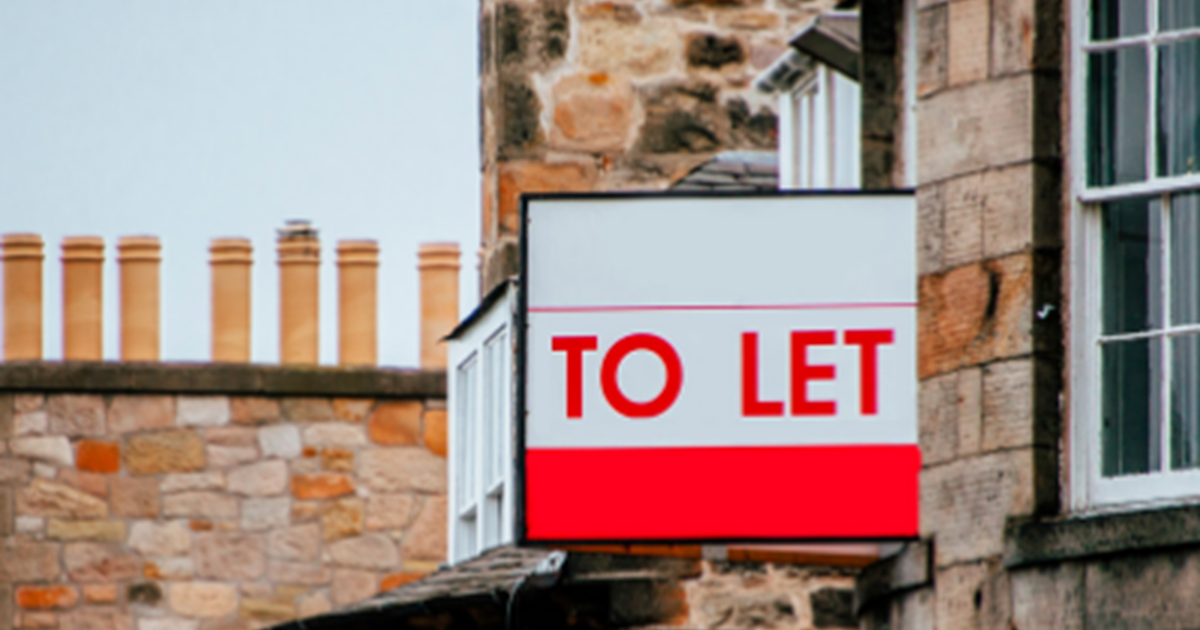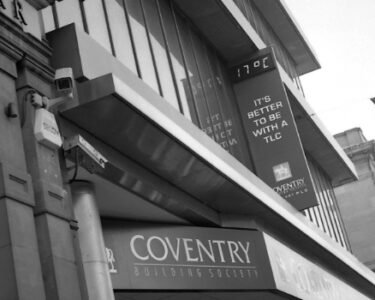2. Consider who will manage your buy-to-let
You may want to manage your buy-to-let property yourself, in which case you’ll need to make sure you’re up-to-speed on everything from making tenancy agreements to your responsibilities as a landlord, including things like deposit protection schemes, energy efficiency standards and right to rent checks. You’ll need to make sure you’re on-hand to deal with any repair or maintenance issues, too.
However, if you’re not confident managing both your property and your tenants directly, a letting agent can be a great help. They’ll have specialist knowledge that can help you get your property ready to rent, including looking at important details such as making sure your Gas Safe inspections are up-to-date and ensuring any electrical appliances are PAT tested.
Be sure to get quotes from several agents for managing your property, but when it comes down to it, it’s the agent you feel most comfortable with, not the price, that’s most important. Ideally though, you should go for a letting agent which is a member of Propertymark, the professional body of the sector. Propertymark members must adhere to certain professional standards and follow a strict code of practice, ensuring you’ll get a great level of service.
3. Take out landlord insurance
When you become a landlord you’ll need to have specialist landlord insurance on the property, not the home insurance cover you’d normally have. Make sure that your policy includes:
- Buildings and contents cover. Buildings insurance will be essential if you want to secure a mortgage on your rental property, reassuring lenders that their investment will be covered in the case of damage to the property. Contents cover is also worthwhile, even in an unfurnished let – you’ll want to cover things like carpets and any white goods you’re providing – but remember that your tenants will be responsible for insuring their own items.
- Landlord liability insurance. While not essential, this kind of cover can offer valuable protection in the event that a claim is brought against you, perhaps because a tenant or tradesperson injured themselves on your property.
Other things you might like to look for in a policy include loss of rent cover, legal protection, home emergency cover and cover for unoccupied periods, though this may depend on your needs and budget. It’s worth comparing insurance options so you can make an informed decision.
4. Speak to an accountant
Setting up as a landlord is a huge financial undertaking, and there are a lot of taxes and fees you may have to pay. This is why talking to an accountant or tax professional can be invaluable.
Some of the taxes on buy-to-let property include:
- Income tax. You’ll need to pay tax on your rental income, which will be based on your marginal rate. You’ll need to fill in a self-assessment tax return and should bear in mind that, if you’ve got additional income from elsewhere, your rental income could push you up a tax bracket. That said, there are various costs that can be deducted from your tax bill as well as reliefs you’ll be able to claim, such as deductions for insurance, letting agent fees and a 20% tax credit on mortgage interest.
- Capital Gains Tax. When you come to sell your property you’ll be charged Capital Gains Tax (CGT) on any profit you make from the sale, either at 18% or 28% depending on your tax bracket. There may be some allowances but these have been reducing in value over recent years.
- Stamp duty. You’ll need to pay the stamp duty surcharge when buying your rental property, which will add 3% to your bill compared to a residential house purchase. Find out how much you might have to pay by using our stamp duty calculator.
It’s a complex area, so if you’re unsure where to start, your letting agent may be able to put you in touch with a specialist in this field.
5. Be aware of the investment risks
Bricks and mortar are normally considered a safe bet, but it’s important to remember that a buy-to-let property is an investment. This means that you could lose money as well as make it, with there being no guarantee that house prices will rise sufficiently in the future to make selling it worthwhile, and the additional costs of becoming a buy-to-let landlord can sometimes make it difficult to secure a profit.
This is why you may want to speak to a financial adviser so you understand the risks and can start your landlord journey with confidence.
Should I speak to a mortgage broker?
Mortgage brokers remove a lot of the paperwork and hassle of getting a mortgage, as well as helping you access exclusive products and rates that aren’t available to the public. Mortgage brokers are regulated by the Financial Conduct Authority (FCA) and are required to pass specific qualifications before they can give you advice, so you can be sure you’re getting suitable guidance (and can make a claim if it’s later found to be poor or incorrect).
This means that speaking to a mortgage broker can be a great help, particularly for those who are first-time landlords. Not only do brokers know the process of applying for a BTL mortgage inside out, but they also know the lenders most likely to accept first-timers, and can help ensure you meet the criteria to stand a better chance of success.




